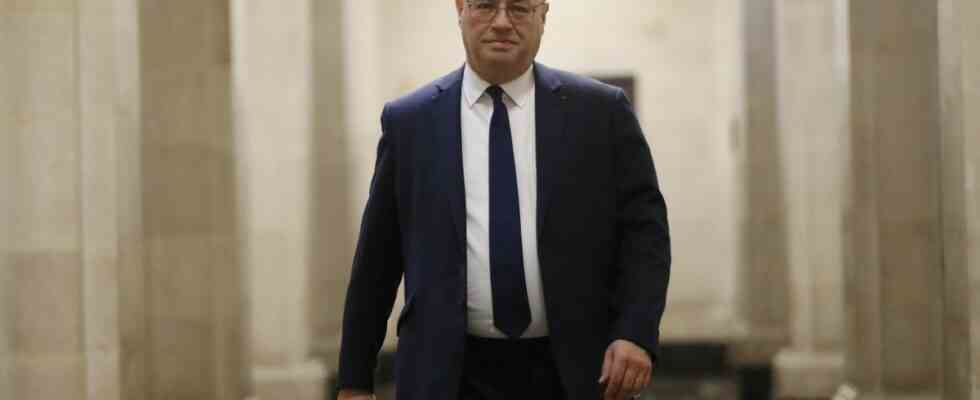In view of the turbulence on the financial market, the Bank of England has opened its cash floodgates again. By October, the Bank of England will buy as many government bonds as necessary to “restore orderly market conditions,” the press release said. The trigger for the stock market panic are the massive tax cut plans of the new British government. The pound sterling’s exchange rate against the US dollar fell to an all-time low of $1.03 amid doubts about the viability of the consumer and business relief. According to the Bank of England, if the market continues to be turbulent, “there would be a significant risk to British financial stability.”
The situation must be serious because the central bank has made a 180-degree turn. The currency watchdogs actually wanted to start selling their £840 billion holdings of British government bonds again next week. This measure has now been postponed. Loose monetary policy is returning despite UK inflation hovering at just under 10%. And so the central bank has been buying long-dated government bonds since Wednesday, after yields on 30-year British government bonds rose to over five percent for the first time since 2002.
Five percent yield means that the British government has to pay five percent interest to get a loan for this term on the international financial markets. With its purchases, the central bank ensures that the interest on loans falls again and that the state can borrow more cheaply. The currency watchdogs are using it to finance government bonds – even if they have announced that they will sell the bonds again after the stock market panic has ended. After all, the British Treasury has promised to protect the central bank from any losses.
The unrest on the financial markets is due to the new government’s generous budget policy. The pound has been in free fall since the new British finance minister, Kwasi Kwarteng, unveiled his emergency budget last Friday. The British currency hit an all-time low this week. The Bank of England intervened to stop the deterioration in financing conditions after several banks announced on Tuesday that they would be withdrawing their loan offerings for homebuyers.
But the warnings fizzled out
The start for the new government could hardly have been more unfortunate. Liz Truss replaced Boris Johnson as prime minister just three weeks ago, following a months-long internal party election campaign that practically paralyzed the government in the middle of the worst economic crisis in decades. Two days after Truss was appointed the new head of government by Queen Elizabeth II in Balmoral, the monarch died. A ten-day period of national mourning followed, during which Parliament also suspended all activities. The emergency budget, which Kwarteng presented just a few days after the end of national mourning, is said to have been carried out by Truss and Kwarteng, contrary to the recommendations of several advisors. Truss’ former competitor Rishi Sunak, the former finance minister, has always emphasized that he considers tax cuts to be dangerous because they could ultimately fuel inflation. But the warnings fizzled out.
Truss and Kwarteng scrapped the top tax rate of 45 per cent for the country’s wealthiest and announced a two-year cap on energy bills of £2,500 per year per average household. Truss follows the “trickle-down economics” approach, according to which society as a whole will eventually benefit if the richest have to pay less tax. The thesis is highly controversial. Paul Krugman, winner of the Nobel Prize in Economics, once said: “We’ve been waiting for this trickle-down effect for 30 years – in vain.”
The government’s decision puts the British Tories in dire straits, because even a majority of their own voters believe that cutting the top tax rate is wrong. In a Yougov poll last weekend, the Labor Party now has a 17 percent lead over the Tories. That’s the biggest lead since 2001.
Finance Minister Kwarteng in particular is under pressure after sticking to the biggest tax cut package in 50 years, after all he is considered to be responsible for the stock market turbulence. The television station announced on Wednesday Sky News the report that Kwarteng wanted to address the speculators publicly to ask them to finally stop betting against the pound. Did the finance minister actually want to beg the lenders on the stock exchanges for mercy – and would it have helped at all? You will probably never know. The British Treasury immediately denied the report.

